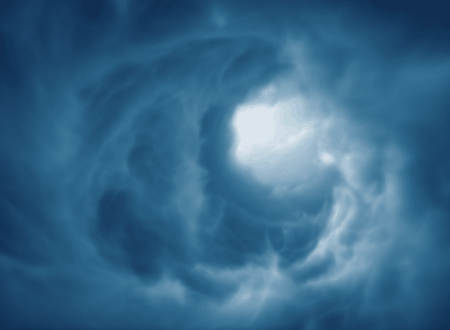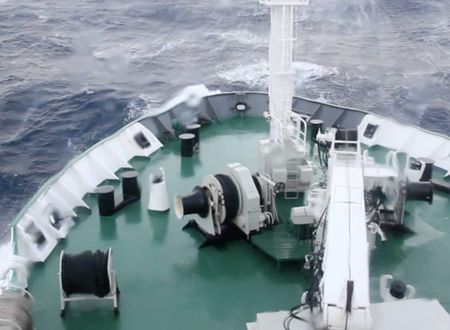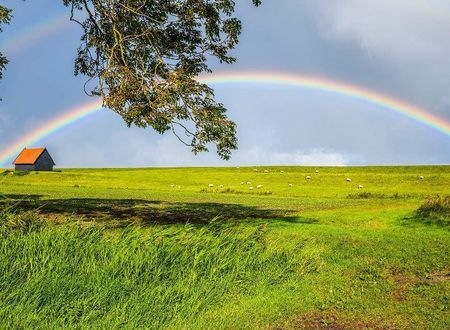Hola!
There is a quote from CG Jung that my friend Álex Rovira really likes: “Life not lived is a disease from which one can die.” I remembered it again when I read Matt Haig’s novel – winner of the GoodReads 2020 award — The Midnight Library. Nora, the protagonist, is a young woman tortured by all the lives she decided not to live:
- The career as an Olympic swimmer, which she interrupted to her father’s great disappointment.
- Her wedding to her boyfriend, whom she was going to accompany in his dream of running a pub in the English countryside, but she escaped two weeks earlier.
- The opportunity to succeed with a rock band with his brother, which she came down just when they were offered a record deal.
- An adventure in Australia with her best friend, who unsuccessfully insisted that she moved there with her.
Immersed in a miserable existence, before trying to take her own life, Nora wonders: What would have happened if…? And she assumes that any of those lives would have been much better than her current situation.
After swallowing a cocktail of pills to end it all, she appears in a library between life and death. All the books there are the lives she could have had if she had made other decisions, and an efficient librarian helps her find them. Every time she opens a book, she travels to an unlived life. I won’t share what she discovers in those books, since it would be to give too many spoilers…
The book feels more like a TV or movie script than a novel — there are virtually no descriptions — but the idea is certainly fascinating. Like Nora, I have fantasized many times about my non-lived lives. What would have happened if…?
- I would have done my PhD in German Philology, as was my intention.
- I would have endured the mobbing I suffered, remaining in my position as a self-help publisher, instead of giving up and leaving for India.
From my current perspective, these possibilities seem unappealing to me, but at that time, I felt an abyss opened under my feet, as I left the path that fate seemed to have reserved for me.
What would be your most exciting books in the midnight library? Would you like to see what would have happened if…?
Maybe that’s why art exists in all its forms, so that we can experience our thousands of possible lives, having only one. But there is also another way of looking at it: what if all the existences we could have lived were, essentially, the same? What if we are doomed to repeat the same mistakes and successes in any life we live?
Greek poet Kavafis put it this way a century ago:
You said: “I’ll go to another country, go to another shore,
find another city better than this one.
Whatever I try to do is fated to turn out wrong
and my heart lies buried like something dead.
How long can I let my mind moulder in this place?
Wherever I turn, wherever I look,
I see the black ruins of my life, here,
where I’ve spent so many years, wasted them, destroyed them totally.”
You won’t find a new country, won’t find another shore.
This city will always pursue you.
You’ll walk the same streets, grow old
in the same neighbourhoods, turn gray in these same houses.
You’ll always end up in this city. Don’t hope for things elsewhere:
there’s no ship for you, there’s no road.
Now that you’ve wasted your life here, in this small corner,
you’ve destroyed it everywhere in the world.
Happy week and happy lives!
Francesc
Note: poem translated by Edmund Keeley









Comments & Discussion
44 COMMENTS
Please login to read members' comments and participate in the discussion.